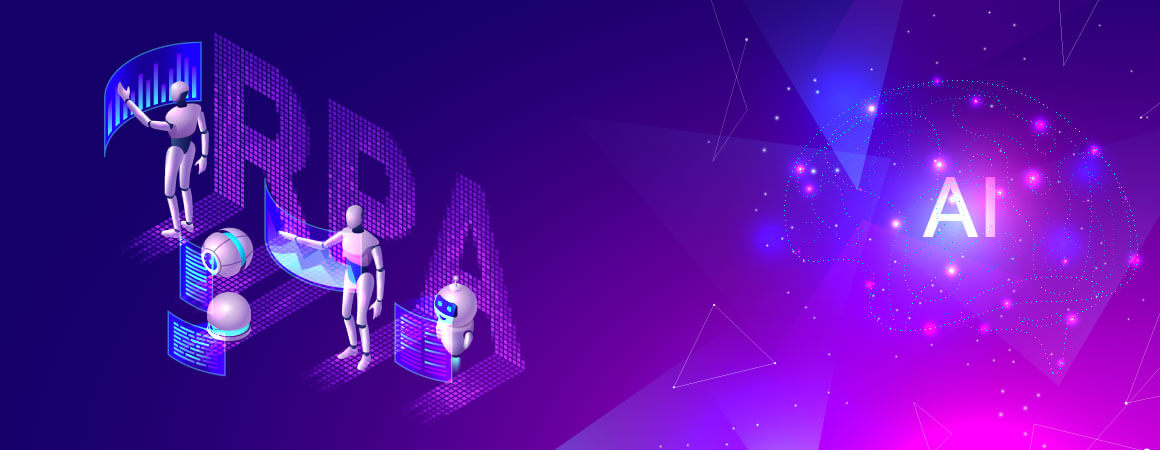
We use cookies to ensure that we give you the best experience on our website.
By using this site, you agree to our use of cookies. Find out more.
50 years back, did we imagine that by saying �Hey Siri� or �Alexa�, we will be able to do many tasks and they will be our virtual assistants? And now when these are actively used by millions of people...

The term AI now encompasses the whole conceptualization of a machine that is intelligent in terms of both operational and social consequences. According to Statista, the global AI market is expected to reach $118.6 billion by 2025. For the last couple of years, many companies across different sectors like finance, government, retail, telecommunications, utilities, energy, and transportation have been considering the evolution of robotic automation. Some of them also consider this technology as the basis of their digital transformation journey.
Robotics and AI augment amplify human potentials, increase productivity and are moving from simple ordinary expertise towards human-like cognitive abilities. � Lisa Watson
AI is almost everywhere around us and hi-tech companies are considering it an important aspect to grow, boost productivity, automate different processes and cut expenses, thus, implementing into various business platforms and services. Therefore, the synergy between Artificial Intelligence and Robotic Process Automation is crucial to head towards the next level.
First of all, we all need to understand that both AI and RPA are completely different. However, both of these are complementary and when used together, they turn into a powerful combination. RPA automates some repetitive, tedious processes by imitating the actions of humans as per the given instructions.
In other words, robotic software can perform rule-based tasks efficiently, precisely, accurately, and consistently. This is why it can easily replace humans when it comes to performing high-volume processes for a long time. Robots can perform the same task for a number of times with the same level of efficiency and in less time in comparison to humans. Unlike AI, RPA does not have self-learning capabilities and that is its greatest weakness. But because RPA cut costs and eliminate human error, it is very crucial for any growing company.
On the other hand, AI can make complex decisions by taking into consideration a wide variety of data. Hence, the integration of AI and RPA can be an effective factor for companies to evolve. By enriching robotic process automation with intelligent skills such as AI and ML, you can get access to new avenues such as-

According to Gartner, by 2020 almost 85% of customer interactions with companies will be conducted without human interaction. Apart from this, there are numerous other benefits of using AI along with RPA that can help companies to offer a better experience to customers, clients and employees. AI also diminishes the limitations of RPA and opens new horizons in the fields like sales, marketing, finance, transportation, etc.
Leave a Comment
Your email address will not be published.